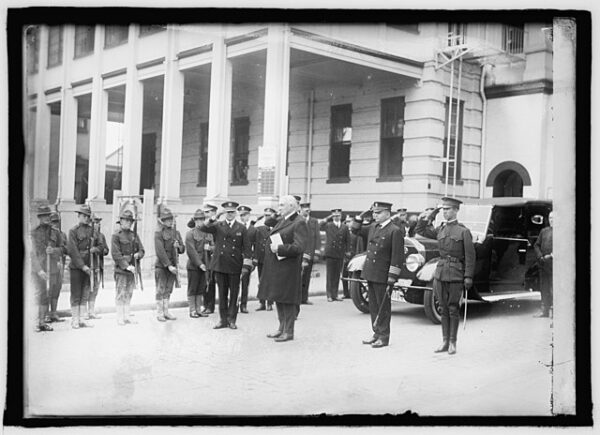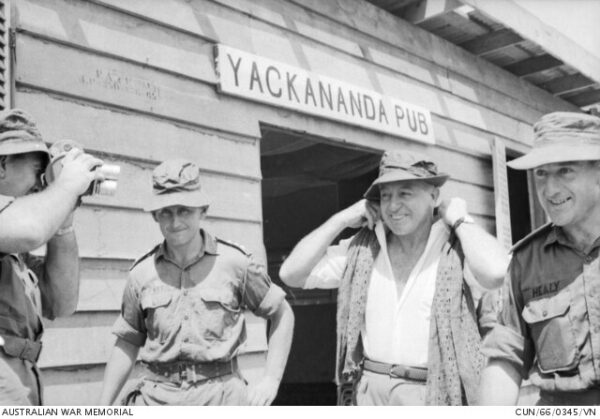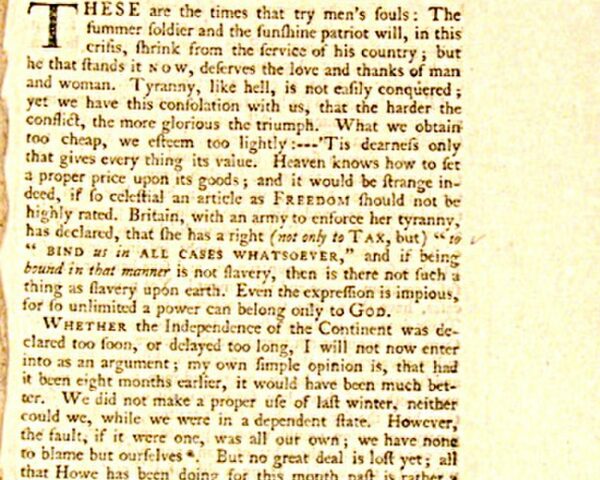On August 2, 1923, the United States suddenly had a new president. The 29th President of the United States, Warren G. Harding’s unexpected death brought an abrupt end to his term in office and left a profound impact on the nation.
Harding’s tenure as president was characterized by his efforts to restore “normalcy” after World War I. His administration focused on economic growth, reducing taxes, and promoting business interests. However, his time in office was also marred by numerous scandals, the most infamous being the Teapot Dome scandal, which involved the secret leasing of federal oil reserves by the Secretary of the Interior, Albert B. Fall. Despite these controversies, Harding remained a popular figure due to his genial personality and his vision for a return to pre-war normalcy.
In the summer of 1923, President Harding embarked on a cross-country journey known as the “Voyage of Understanding.” This tour was intended to strengthen his connection with the American public and to promote his policies. However, during this trip, Harding’s health began to deteriorate. He suffered from what was initially thought to be a severe case of food poisoning, but his condition quickly worsened.
On August 2, 1923, President Harding passed away at the Palace Hotel in San Francisco, California. The official cause of death was reported as a heart attack, but the suddenness of his demise led to widespread speculation and rumors. Some theorized that he had been poisoned, while others suggested that the stress of the presidency and the ongoing scandals had taken a toll on his health. Despite these speculations, no conclusive evidence was ever found to support any foul play.
The death of President Harding sent shockwaves throughout the nation. Vice President Calvin Coolidge was immediately sworn in as the 30th President of the United States. Coolidge, who was known for his reserved and quiet demeanor, took office in a solemn and subdued ceremony at his family’s home in Plymouth Notch, Vermont. His ascension to the presidency marked a significant shift in the political landscape of the country.
Harding’s funeral was held in Washington, D.C., and it was a moment of national mourning. Thousands of citizens lined the streets to pay their respects as his casket was transported to the U.S. Capitol, where he lay in state. The funeral service was attended by numerous dignitaries, politicians, and foreign representatives, reflecting Harding’s influence and the international impact of his presidency.
In the years following his death, Harding’s reputation suffered due to the continued revelations of misconduct by members of his administration. However, some historians argue that he should be remembered for his contributions to economic policy and his attempts to foster peace and prosperity in a tumultuous era.






